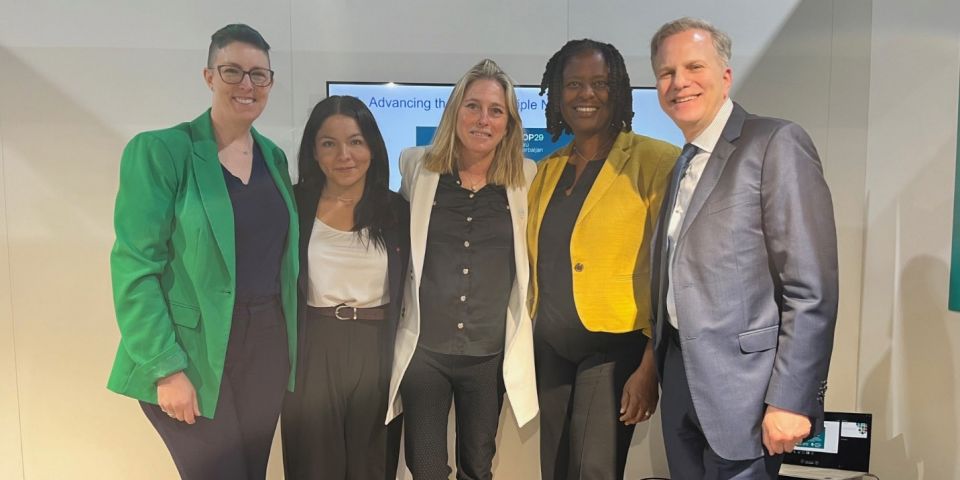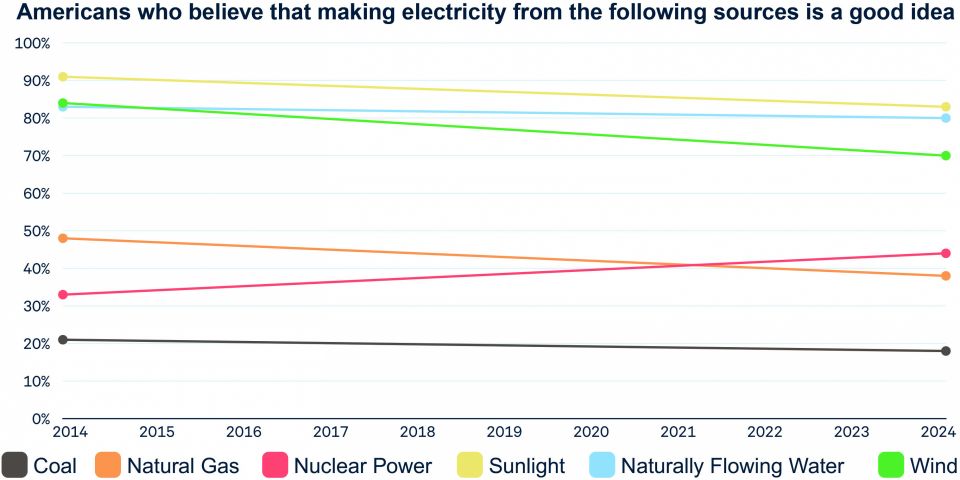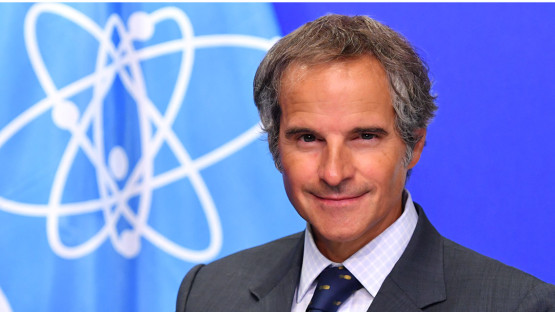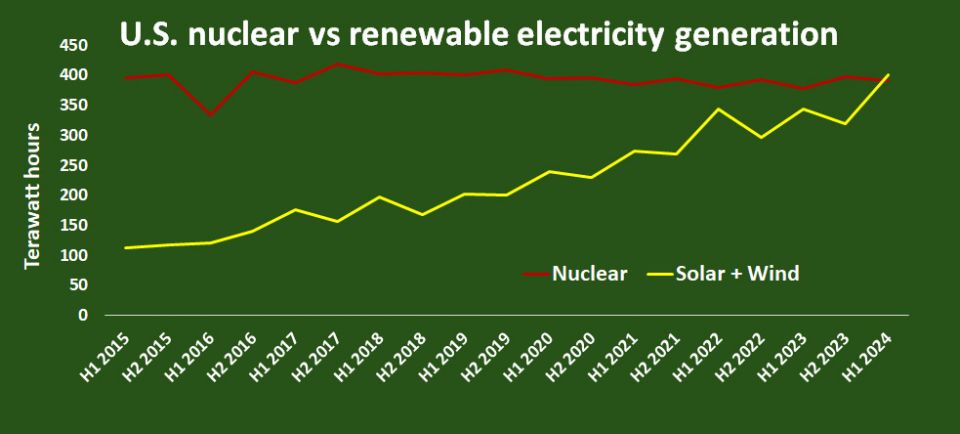Seventy years after President Eisenhower’s Atoms for Peace speech before the United Nations, COP has officially embraced nuclear energy as a solution to climate change. The final COP28 text acknowledges the key role that carbon-free nuclear energy plays in putting the brakes on climate change. We can only meet our net-zero emissions target by 2050 with a swift, large-scale deployment of new reactors worldwide.
At COP28, we saw over 20 countries, with the United States leading the charge, step up their climate commitments even further by pledging to triple global nuclear energy production by 2050. This growing coalition of pro-nuclear countries also called for an end to the financing bans against nuclear energy projects imposed by multilateral banks, including heavyweights like the World Bank. The world must remove those anti-nuclear roadblocks if we are to achieve real climate progress.
U.S. climate envoy John Kerry also took the stage at COP28 to unveil a global strategy for deploying nuclear fusion energy technologies. Once it is commercially deployable, nuclear fusion will join fission as a powerful one-two punch that we need to reach net zero.
We want to thank our dedicated COP28 delegation team of nuclear professionals for their hard work in Dubai. For the past two weeks, our volunteer team engaged in thoughtful climate discussions with world leaders and delegates that paved the way for these significant strides. We owe a debt of gratitude to their tireless efforts and commitment to a cleaner, more sustainable future.”
Recognition of nuclear energy’s key role in COP28 deal:
Section 28 of COP28 first global stocktake agreement: “Further recognizes the need for deep, rapid and sustained reductions in greenhouse gas emissions in line with 1.5 °C pathways and calls on Parties to contribute to the following global efforts, in a nationally determined manner, taking into account the Paris Agreement and their different national circumstances, pathways and approaches:”
“(e) Accelerating zero- and low-emission technologies, including, inter alia, renewables, nuclear, abatement and removal technologies such as carbon capture and utilization and storage, particularly in hard-to-abate sectors, and low-carbon hydrogen production;”
ANS COP28 delegates available for interview:
As an NGO with UNFCCC observer status, ANS participated at COP28 and had over two dozen nuclear engineers and scientists on the ground in Dubai to ensure that carbon-free nuclear energy had a seat at the table in international climate discussions. The ANS COP28 delegation team included a dozen ANS members who participated in the Nuclear for Climate youth initiative.
ANS’s COP28 delegates are available for media interviews and broadcasts. Email media@ans.org to request an interview with our experts and to stay informed.
#####
About: Established in 1954, the American Nuclear Society (ANS) is an international professional organization of engineers, scientists, technologists, teachers, and healthcare providers devoted to the peaceful applications of nuclear science and technology. Its more than 10,000 members represent government, academia, research laboratories, medical facilities, and private industry. ANS's mission is to advance, foster, and spur the development and application of nuclear science, engineering, and technology to benefit society.









